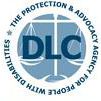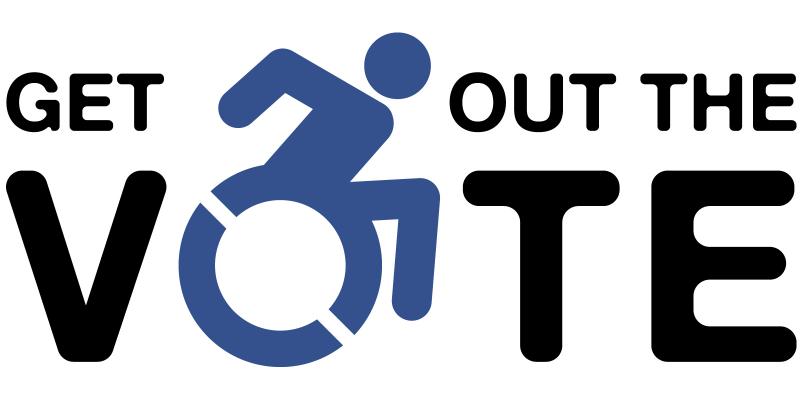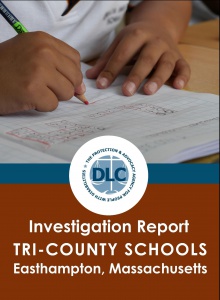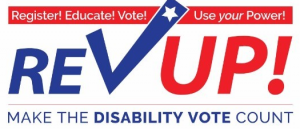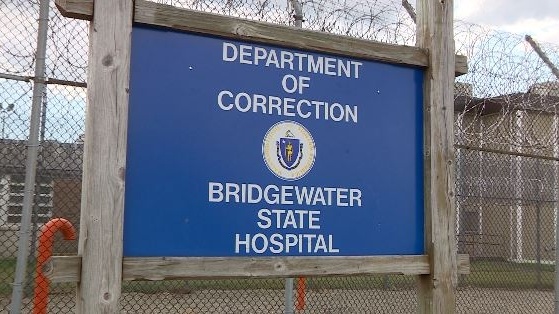For Immediate Release: October 17, 2018
Boston, Massachusetts—Hulu and advocates from the American Council of the Blind (ACB) and Bay State Council of the Blind (BSCB) have reached a settlement agreement to increase the accessibility of Hulu’s streaming service to individuals who are blind or have low vision. As a result, Hulu will undertake efforts to make its website and software applications accessible via screen readers and will provide audio description tracks for streaming content where possible. With these efforts, Hulu will join the list of online streaming providers, like Netflix, that are prioritizing accessibility features and making the entertainment industry more accessible to the disability community.
Hulu offers online streaming services to over 20 million subscribers across the nation. However, none of Hulu’s streaming content currently includes audio description—a separate audio track that narrates the key visual elements of video content between portions of dialogue to provide blind and low vision users a full media experience. For more on audio description, visit ACB’s Audio Description Project. Under the settlement agreement, Hulu will begin obtaining these tracks for as much streaming content as possible and will adapt its video player so that users can enable and disable this feature, similar to the closed caption option that currently exists on Hulu’s video player. Users will also be able to filter the Hulu streaming library based on the availability of audio description. Blind community members are enthusiastic about the new opportunity to fully enjoy Hulu’s extensive programming selection.
According to ACB President Kim Charlson, “These improvements by Hulu will provide people who are blind or have low vision with access to the same online video entertainment services currently enjoyed by millions of Americans. ACB commends Hulu for working with us to enhance access to its services for people who are blind. Our goal is to open up Hulu’s services to the blind community and to increase the availability of audio described movies and television programming. Movies and television are a central pillar of American culture. As television and movie content are increasingly delivered through streaming services, this agreement ensures that the blind community will receive and be able to independently use accessible Hulu content. This access is critical to making certain that people who are blind are included as equal participants in today’s society.”
In addition to providing audio description, Hulu will update its website and multiple software applications to ensure that screen-reader users can navigate and interact with the platform. A screen reader is software that enables blind individuals to access and interact with online services by converting the text displayed visually on the screen into audible speech or by outputting that information on a digital braille display. For a screen reader to work, website and app developers must program for compatibility. A single unlabeled button, like those for entering a password or submitting payment information, can render a website wholly unusable. By January 2020, Hulu will ensure that its website and applications are compliant with standard web-accessibility guidelines and that updates are tested for usability.
“So many times it is that last step—an inaccessible website—that keeps those who are blind or experiencing low vision from fully enjoying what others take for granted,” says BSCB President Brian Charlson, “and now Hulu will be working with us to make sure that their service can be accessed by everyone.”
Disability Rights Advocates (DRA), a non-profit disability rights legal center, and Disability Law Center, Inc. (DLC), the Massachusetts Protection and Advocacy agency, represented ACB, BSCB, Kim Charlson, and Brian Charlson in these negotiations with Hulu.
Rebecca Williford, Senior Staff Attorney at DRA, said, “This settlement will significantly improve access to movies and television for the blind community, moving people with disabilities one step closer to full inclusion in society, which was the promise of the Americans with Disabilities Act.”
Marlene Sallo, Executive Director of the Disability Law Center, said, “Online-streaming of videos has become an increasingly important source of entertainment. DLC is extremely pleased that, as a result of this significant agreement with Hulu, our clients and other individuals who are blind and visually impaired will now be able to enjoy the streaming of programs from Hulu.”
A copy of the agreement can be found at the bottom of this page. This agreement resolved a lawsuit filed against Hulu in the U.S. District Court for the District of Massachusetts, Civ. No. 1:17-cv-12285-PBS.
About Disability Rights Advocates (DRA)
Founded in 1993, DRA is a leading national nonprofit disability rights legal center. Its mission is to advance equal rights and opportunity for people with all types of disabilities nationwide. DRA represents people with disabilities in complex, system-changing, class action cases. For more information, visit www.dralegal.org.
About Disability Law Center (DLC)
The DLC is the Protection and Advocacy system for Massachusetts and is authorized under federal law to protect and advocate for the legal rights of individuals with disabilities in Massachusetts. DLC worked with Bay State Council of the Blind in a series of negotiations with Fleet Bank, Sovereign Bank, and Citizens Bank to ensure that their ATMs, websites, and other banking services were fully accessible to individuals who are blind or visually impaired. For more information, visit www.dlc-ma.org.
About American Council of the Blind (ACB)
ACB works to increase the independence, security, equality of opportunity, and quality of life, for all people who are blind or visually impaired. ACB advocates for policies that provide services, opportunities, infrastructure, and equipment that are necessary for an inclusive society, in federal, state, and local governments, and among service providers and industry. For more information, visit www.acb.org.
About Bay State Council of the Blind (BSCB)
BSCB is a membership organization of blind, visually impaired, and sighted individuals committed to an enhanced quality of life for Massachusetts’ residents who are blind or visually impaired. BSCB convenes meetings and conferences, organizes recreation activities, provides publications, radio programs, and information, and advocates for services and legislation that improve access for people who are blind. For more information, visit www.acbofma.org.
Contacts
Meredith Weaver, Disability Rights Advocates, Staff Attorney: (510) 665-8644
Marlene Sallo, Disability Law Center, Executive Director: (617) 723-8455
Case Files
